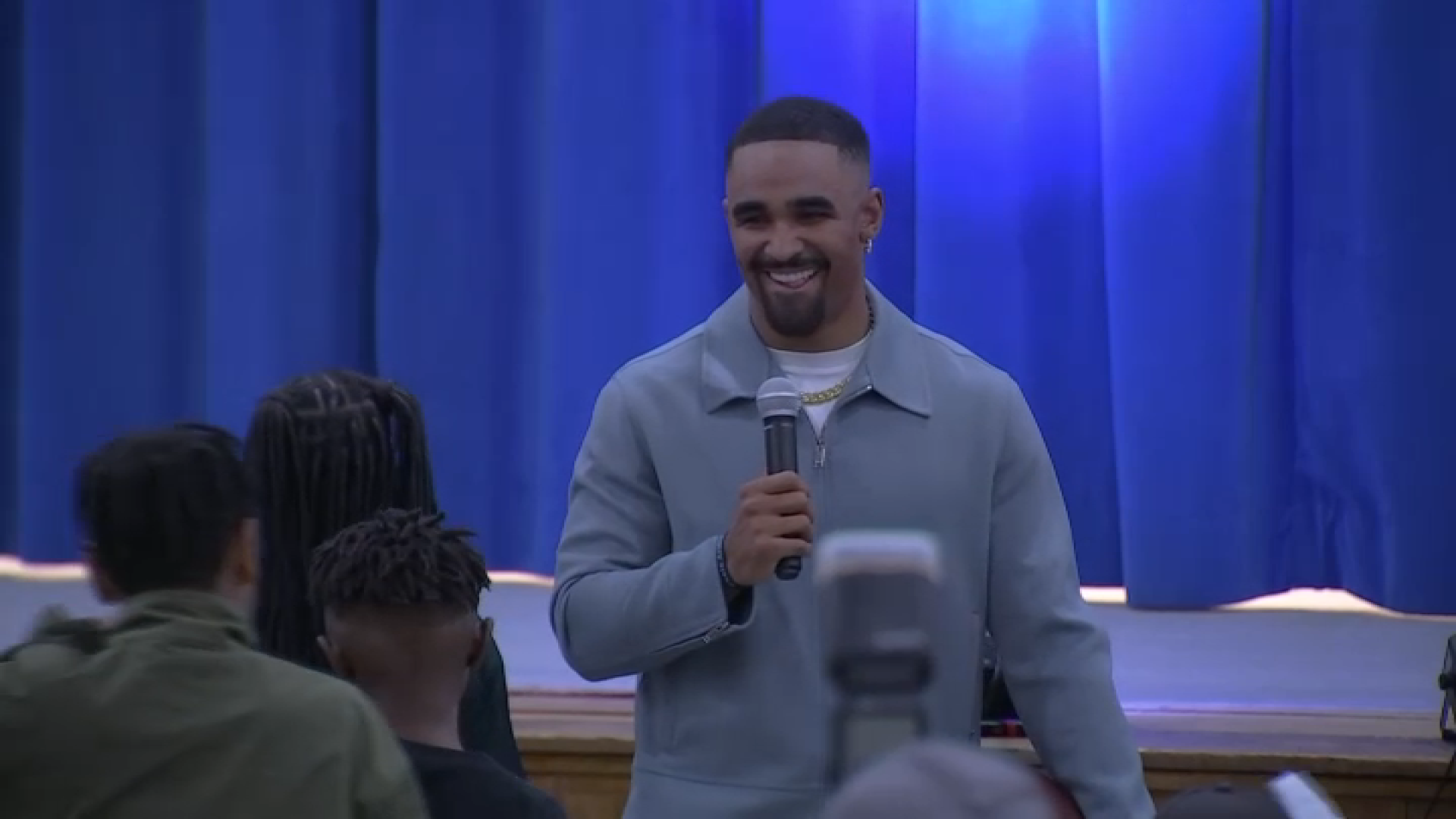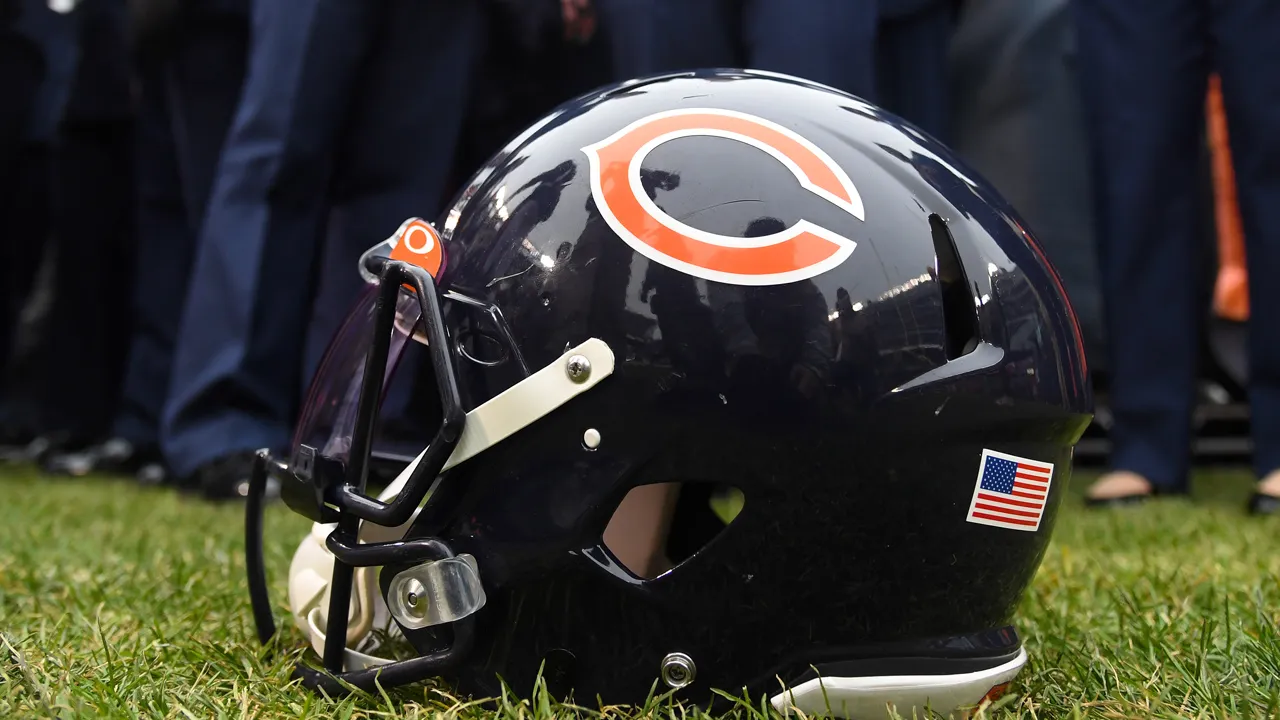The Bears concluding a contract extension for offensive lineman Cody Whitehair the weekend before their season opens is obvious outstanding news. Outstanding for the young man and his bride with their first child arriving shortly: “Being here for an extended period of time is just great. This organization is great. The people in this building are great. It's just a blessing.”
Outstanding for quarterback Mitchell Trubisky, whose continued good health rests literally on the Pro Bowl shoulders of the young guard and his mates: “I feel like I just got paid a little bit,” Trubisky said, smiling.
Outstanding for James Daniels, whose move from guard to center has been and will be supported by a mentor with first-hand knowledge of every facet of the center position. Outstanding for GM Ryan Pace, who gains a checkmark for drafting and developing one of the Bears’ own.
Stay in the game with the latest updates on your beloved Chicago sports teams! Sign up here for our All Access Daily newsletter.
But lurking inside the last of those “outstandings” lies cause for the faintest stirrings of concern. Or if not some sort of negative concern, more along the lines of the kind of championship-window pressure from which the Chicago Cubs are suffering now, staring at looming major contracts with expectations of their supposed elite players stemming from that championship in 2016.
The Bears didn’t win a playoff game last season, let alone a championship. But the expectations from a shoulda’-won double-doink playoff loss are nothing less than enormous, arguably NFC Championship game at least, or more.
But while the Cubs are dealing with pressures/expectations from that ’16 title, they have the very unpleasant task of sorting through which under-achieving players are worth keeping. The Bears right now don’t have that problem at least.
In the Bears case, the reason for the “window” problem is not Whitehair, who has quietly emerged as – and been paid like – one of the NFL’s top guards while starting exactly two NFL games at the position, and those while John Fox was still Bears coach.
NFL
No, the reason is simple (well, maybe not so simple) 'NFL-onomics'. Because Whitehair is just the latest member of a talented team to command major money (his guarantee of $27.5 million is believed to be the second-highest ever for an NFL guard), and even with an annually-rising salary cap, that comes with consequences when taken as part of a larger whole for the Bears.
With the Whitehair contract, the Bears now have four of their five starting offensive linemen, plus backup Ted Larsen, on their second Bears contracts. And three of those four (Whitehair, Charles Leno, Bobby Massie) are set to earn contract averages more than their starting quarterback; it would’ve been four but Kyle Long restructured down this past offseason.
That can’t and won’t be the case sooner rather than later, with Trubisky on track to being paid more than any two of his linemen based on either the Bears picking up his fifth-year option or doing a long-term deal. But consider:
Besides those deals for the offense, the Bears extended nose tackle Eddie Goldman before the 2018 season. They made Akiem Hicks one of the NFL’s highest-paid defensive linemen with a massive extension before the 2017 season. They matched the Green Bay mega-deal for cornerback Kyle Fuller in the 2018 offseason.
And all of this in addition to giving Khalil Mack the largest deal in history for a defensive player.
Realize that the Bears presumably have upcoming the job of doing new contracts with Trubisky, safety Eddie Jackson and linebacker Leonard Floyd, the last of these already in line for $13.2 million in 2020 by virtue of that fifth-year option.
The Bears have quietly tweaked the Goldman, Leno, and Mack contracts in addition to Long’s. But moving money back isn’t the same thing as reducing monies owed; Mack’s revised contract averages $26 million per over the next five years. The cap and situations will change before that but right now that would rank Mack among the top 10 quarterback salaries.
Not an entirely new or even unforeseen situation. But what all of this realistically dominoes into is a reality that the Bears as currently constituted have a financial urgency to win now, “win” meaning to be in the Super Bowl preseason discussion every year based on what they accomplished the previous year. Right now they are. But very, very often in sports, it is far more difficult to sustain excellence than to achieve it for one isolated flash (see: 2006 Bears, 2001 Bears, 2010 Bears, 1963 Bears).
And it’s quite another thing altogether to “afford” it, for a team with multiple young stars, who acquire a layer of pixie dust when they approach or hit free agency as a member of a title team.
The good news Bears-wise is that the Bears are ostensibly and presumably in the ascending stage, vs. the Cubs and their stresses of deciding among a bouquet of key players who’ve given reason to be doubted going forward. The very good news is that the Bears start having fuller draft options in 2020 (two No. 2’s, the round where they’ve found Daniels, Goldman, Whitehair, Anthony Miller, Alshon Jeffery) and beyond. Hits on draft picks are the real key to managing NFL finances.
The bad news is that championship windows don’t stay in the open position automatically or indefinitely. Meaning: The pressure to win now just ticked up a little bit more.


